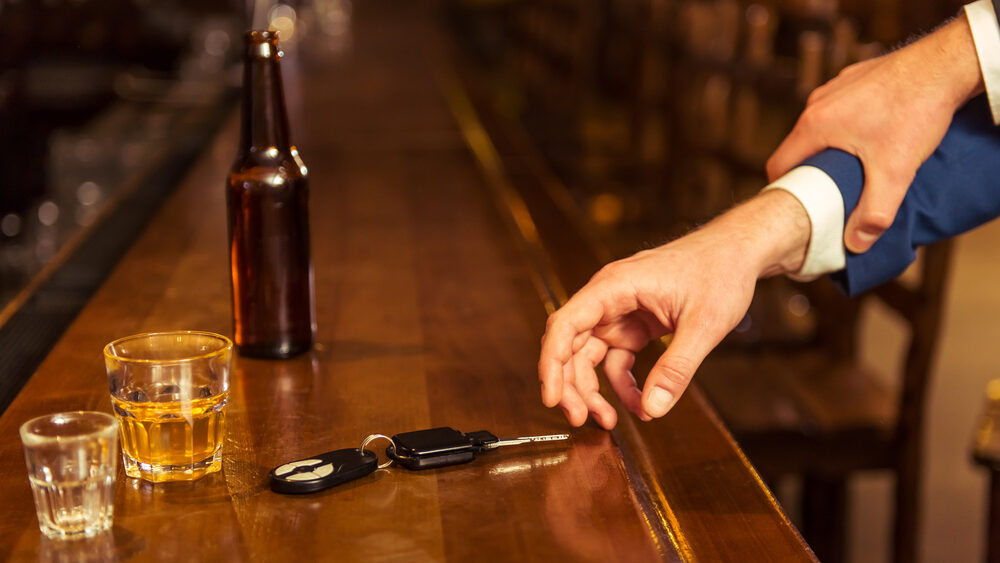What Are the Differences Between Drunk Driving vs. Impaired Driving?

Drunk driving and impaired driving are often considered interchangeable since they involve consuming enough alcohol that you cannot safely operate a vehicle. However, according to Texas law, there are some differences between the two. It’s important to be aware of them because your penalties could vary depending on which one you’re charged with. Take a look at the main differences between drunk driving and impaired driving, and then contact a Texas lawyer if you’ve been charged with either crime.
What Is Drunk Driving in Texas?
In Texas, a drunk driving offense occurs when a driver has a blood alcohol content (BAC) of .08% or more while driving in a public place. When this happens, you’re charged with driving while intoxicated (DWI) and can expect penalties that include time in jail, driver’s license suspension, and thousands of dollars in fines.
Note that you can get a DWI even if your BAC is under .08% or if you refuse to take the test to find out what it is. If a police officer believes that you’re not in control of your faculties while behind the wheel and that it’s due to drug or alcohol use, you may be charged with DWI in Texas.
What Is Impaired Driving in Texas?
The legal term for impaired driving in Texas is driving under the influence or DUI. You don’t need a BAC of .08% to get a DUI, as impaired usually insinuates that someone is affected by alcohol or drugs, not necessarily drunk.
In Texas, DUIs are usually reserved for minors under the age of 21. This is because there’s a zero-tolerance policy for alcohol use by minors, so even if the BAC is .03%, a minor could be charged with DUI. However, if a minor’s BAC is at .08% or higher, they may be charged with DWI instead, which carries harsher penalties.
What Should You Do When You’re Charged with Drunk or Impaired Driving?
Whether you’ve been accused of driving impaired or drunk, you need legal guidance immediately. A Texas lawyer who has handled DWI and DUI cases in Texas can review the details of your case and come up with a defense that will give you a chance of minimal penalties.
For instance, depending on your BAC and other details, your lawyer may be able to negotiate your charges down to a lesser charge with fewer penalties. Some examples include reckless driving, public intoxication, and obstruction of the highway.
Your legal options will depend on the circumstances of your case, so you’ll need to hire a lawyer to determine what direction your case may go. If you’re ready to talk to experienced, caring attorneys in Texas, contact our office at (972) 573-4532 today.